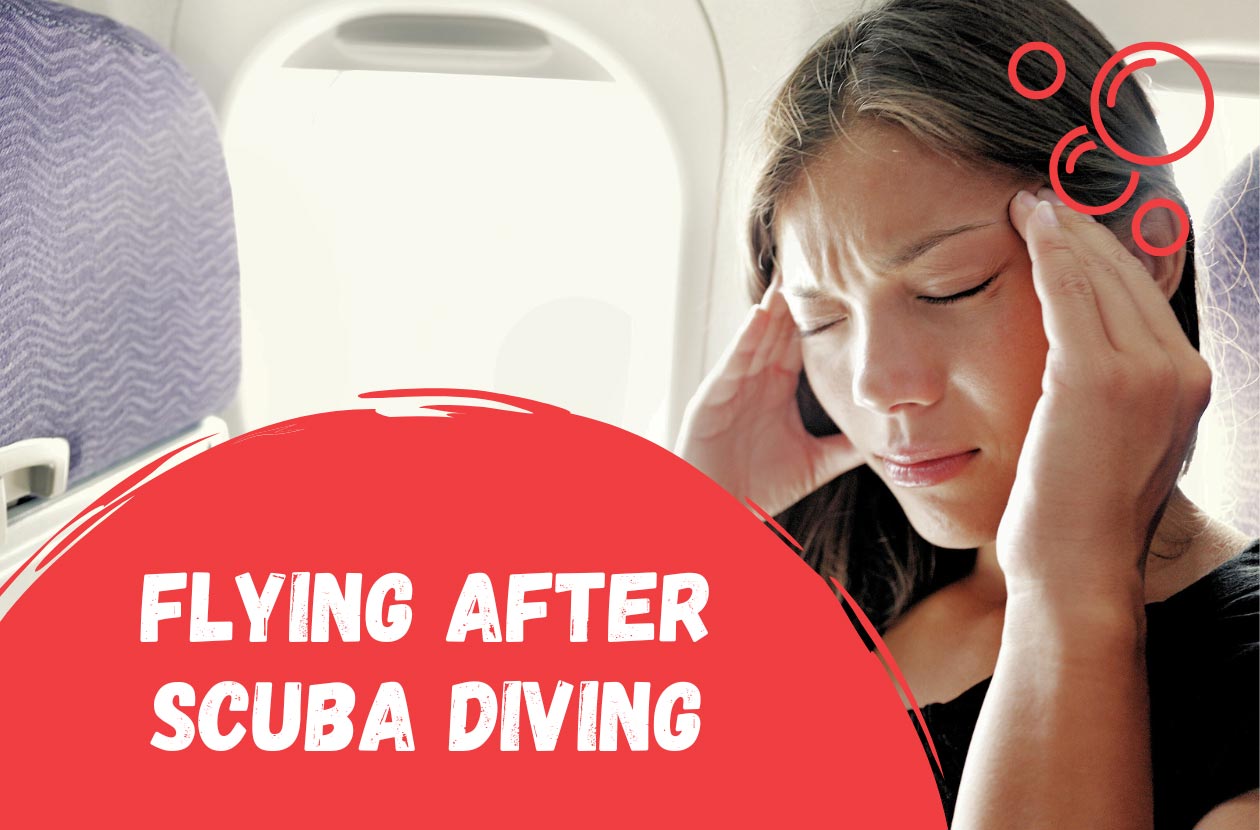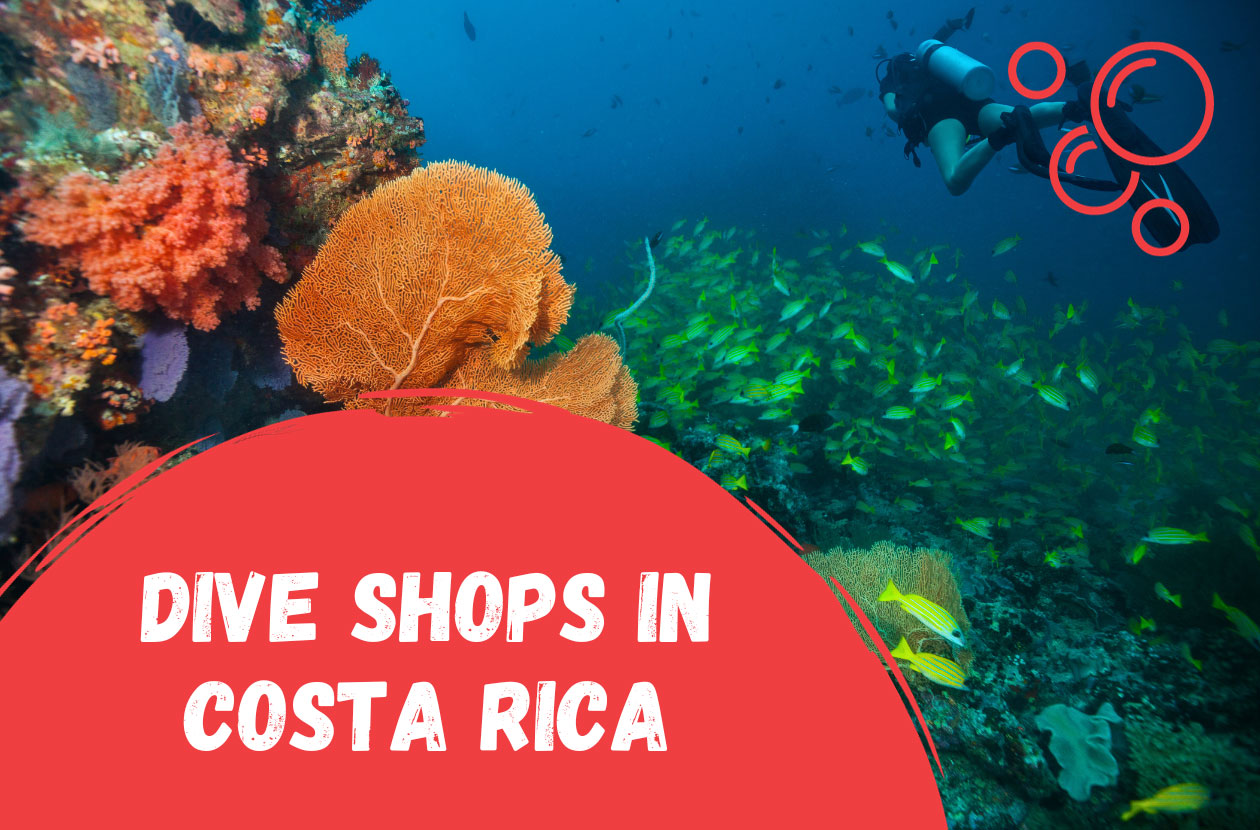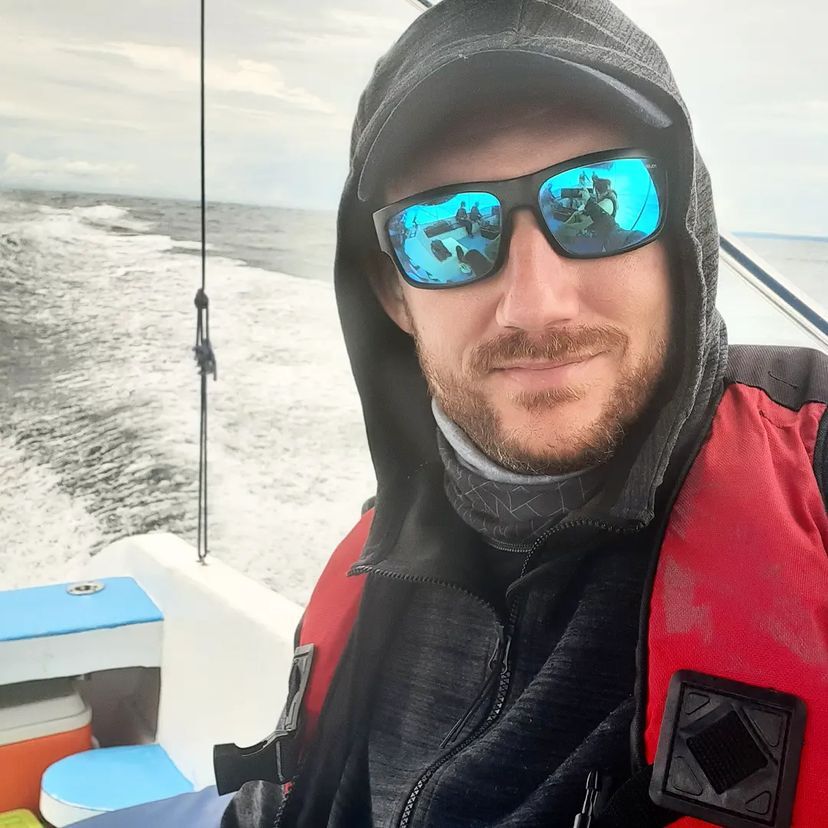Scuba diving is not only an exhilarating adventure but also offers numerous health benefits. Exploring the underwater world can have a positive impact on both your physical and mental well-being. From cardiovascular fitness to stress relief, scuba diving provides a unique and rewarding experience. In this article, we will delve into the various health benefits of scuba diving and how it can contribute to a healthier lifestyle.
Table of Contents
Health Benefits of Scuba Diving
Scuba diving is an underwater activity that involves breathing through a self-contained underwater breathing apparatus (SCUBA). Beyond the exploration and wonder of marine life, scuba diving offers a wide range of health benefits that can positively impact individuals of all ages and fitness levels. Let’s see what practicing scuba diving can do for you.
Cardiovascular Fitness
Engaging in scuba diving requires constant swimming against the resistance of water, which is an excellent cardiovascular exercise. The sustained movement of your arms and legs helps to strengthen your heart and lungs, improving overall cardiovascular fitness. This is a definite advantage of diving for women and men.
Is scuba diving suitable for beginners?
Yes, scuba diving is accessible to beginners through certified dive training programs. These programs provide the necessary skills and knowledge to ensure a safe and enjoyable diving experience. Certified dive training programs, such as those offered by recognized diving organizations like PADI (Professional Association of Diving Instructors) or SSI (Scuba Schools International), are designed to equip beginners with the necessary skills and knowledge to dive safely. These programs include theoretical instruction, pool training, and open-water dives under the guidance of experienced instructors.
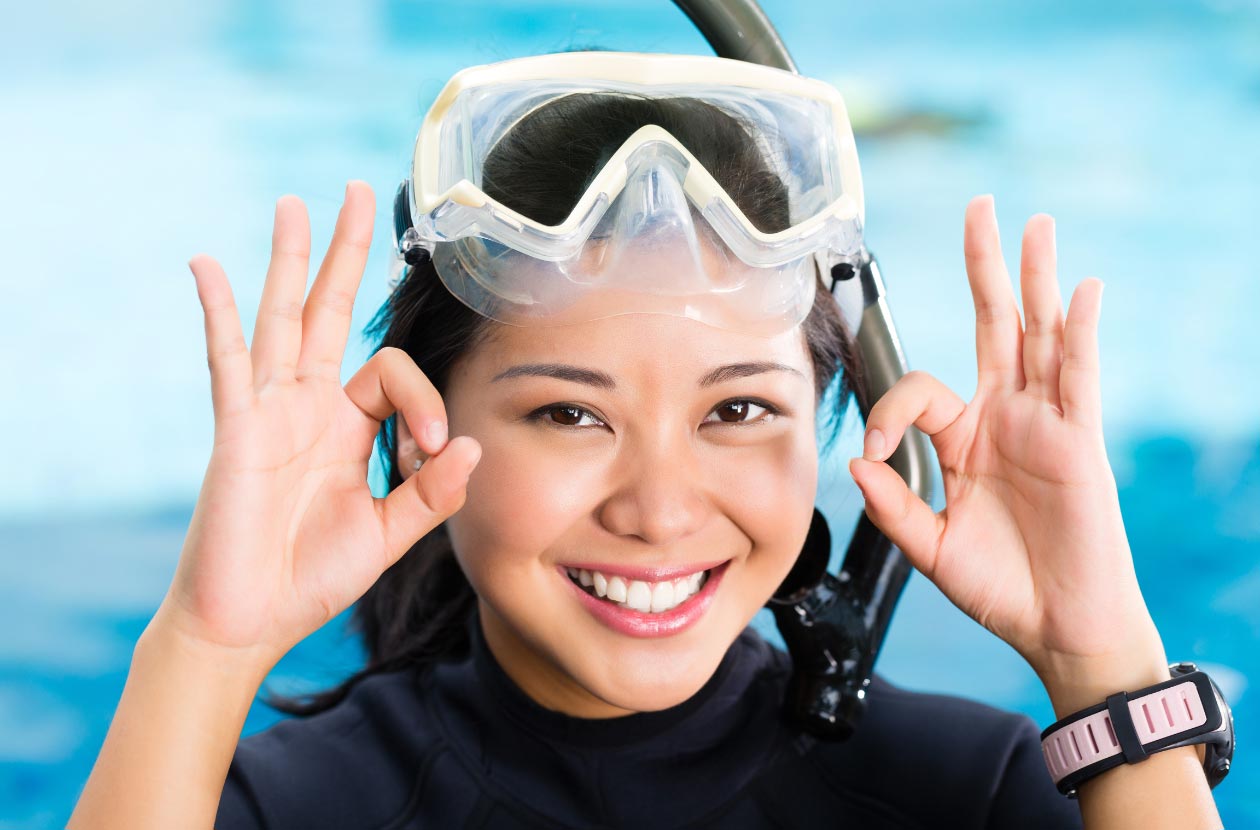
Health Benefits of Scuba Diving – Strengthens Muscles
The act of swimming and maneuvering underwater provides a full-body workout. The resistance of the water engages multiple muscle groups, including the core, arms, legs, and back. Regular scuba diving can help tone and strengthen these muscles, resulting in improved muscular endurance and strength.
Can scuba diving be done by people with medical conditions?
Scuba diving can be enjoyed by individuals with certain medical conditions, depending on the severity and type of condition. However, it is crucial to prioritize safety and consult with a qualified dive professional or medical specialist before engaging in scuba diving. Certain medical conditions can pose risks or complications during diving activities. The changes in pressure, physical exertion, and potential exposure to cold water may affect individuals differently, depending on their specific health conditions. Therefore, it is important to obtain medical clearance from a healthcare professional who has experience in dive medicine.
Improves Flexibility and Joint Health
The buoyancy of water reduces the impact on joints, making scuba diving an ideal activity for individuals with joint conditions or injuries. The gentle movements and range of motion underwater contribute to improved flexibility and joint health.
Are there any age restrictions for scuba diving?
Scuba diving is an activity that can be enjoyed by individuals of various age groups, from children to seniors. However, it is important to consider certain factors, such as physical and cognitive abilities, when determining the suitability of scuba diving for different age ranges. Certification agencies, such as PADI offer specific training programs tailored to different age groups. These programs are designed to provide age-appropriate instruction and ensure the safety of divers. For example, PADI offers the Bubblemaker program for children as young as 8 years old, allowing them to experience scuba diving in a controlled environment under the direct supervision of a certified instructor. The Junior Open Water Diver certification is available for individuals between the ages of 10 and 14, with certain depth and supervision restrictions.
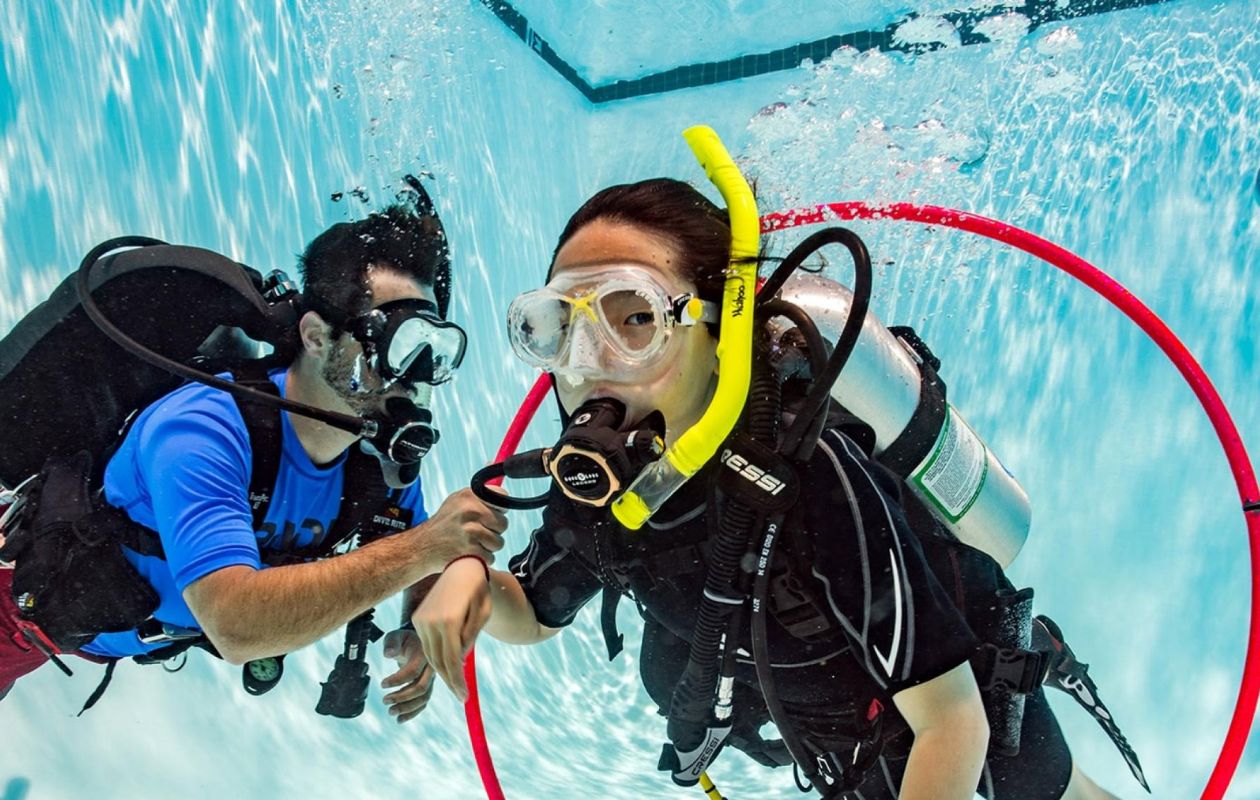
Enhances Mental Health
Scuba diving offers a unique opportunity to escape the stresses of daily life and immerse oneself in a tranquil underwater world. The beauty and serenity of marine life can have a calming effect on the mind, promoting relaxation and reducing mental fatigue.
How can I get started with scuba diving?
Firstly, it’s essential to research and choose a reputable dive center or school. Look for accreditation from recognized scuba certification agencies like PADI or SSI. Take the time to read reviews, consider the facilities they offer, and evaluate the qualifications of their instructors. Once you’ve found a suitable dive center, select the right course for your needs. If you’re a beginner, the Open Water Diver course is a popular choice. For children, specialized programs like the Bubblemaker or Junior Open Water Diver courses are available. Ensure that the chosen course aligns with your goals and abilities. After completing the required number of open-water dives and demonstrating your competence, you’ll receive your certification as a qualified scuba diver. This certification enables you to explore a vast array of dive sites worldwide and further enhance your diving skills through advanced courses if desired.
Reduces Stress and Anxiety
The combination of deep breathing techniques and the soothing underwater environment can significantly reduce stress and anxiety levels. The rhythmic breathing required during scuba diving helps regulate heart rate and encourages a state of calmness.
Is learning to scuba dive difficult?
Learning to scuba dive is an exciting and rewarding journey that opens up a whole new world beneath the waves. While it may seem intimidating at first, scuba diving is a skill that can be learned by individuals of various backgrounds and abilities. The difficulty level of learning to scuba dive can vary depending on factors such as personal comfort in the water, individual learning styles, and the quality of instruction received. With proper training, guidance, and practice, most people can become competent and confident divers. So, if you have the desire to explore the underwater world and are willing to invest the time and effort, learning to scuba dive can be an immensely rewarding experience that will open up a lifetime of adventure and discovery.
Promotes Social Interaction
Scuba diving is often a group activity, fostering social interaction and the opportunity to connect with like-minded individuals. Sharing the excitement and wonder of underwater exploration can lead to new friendships and a sense of community.
Health Benefits of Scuba Diving – Boosts Vitamin D
Exposure to sunlight is necessary for the body to produce vitamin D, which plays a vital role in bone health and immune function. Scuba diving allows you to soak up the sun’s rays while enjoying the underwater world, helping to boost your vitamin D levels.
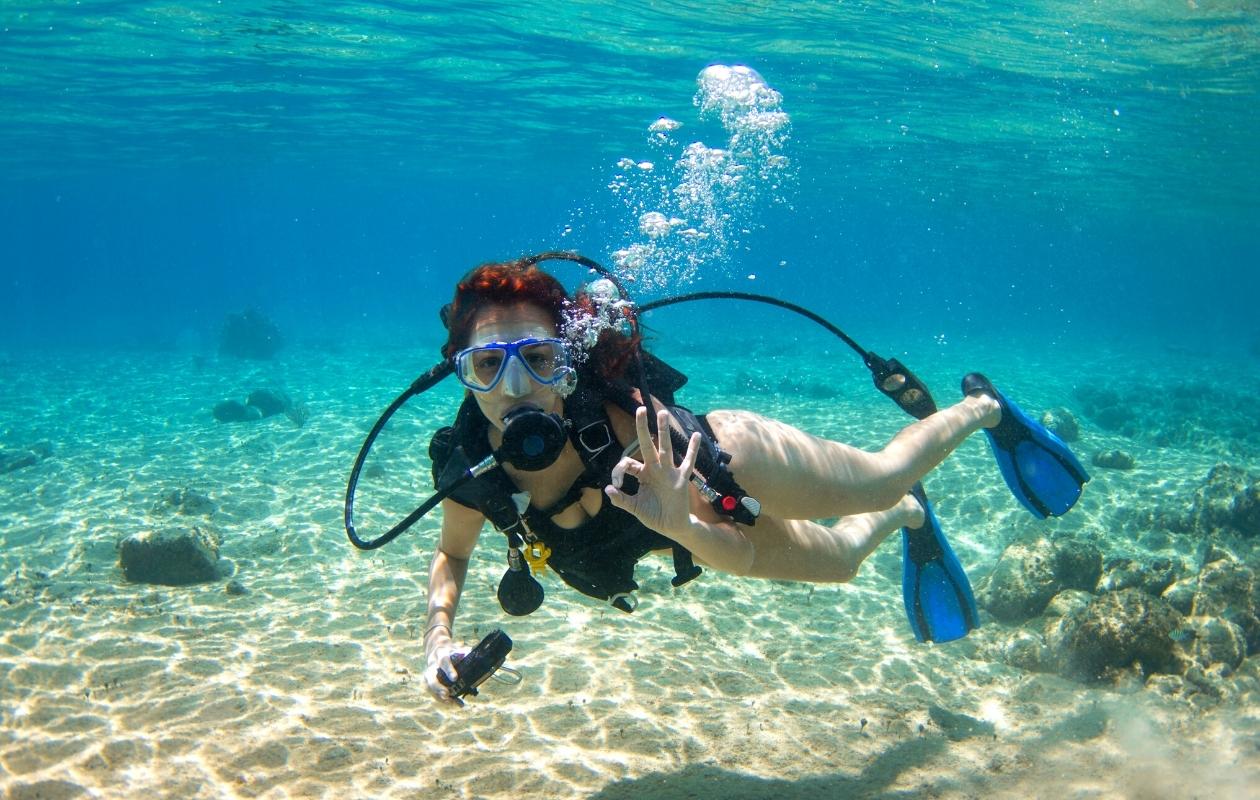
Improves Respiratory Function
Breathing through a scuba regulator requires slow, deep breaths. This practice can enhance lung capacity and improve respiratory function over time. The controlled breathing techniques learned in scuba diving can also be applied to daily life, promoting overall well-being.
Heightens Awareness and Focus
Scuba diving requires attentiveness to surroundings and equipment. The need to focus on buoyancy, underwater navigation, and marine life cultivates a heightened sense of awareness. This improved focus can carry over to other aspects of life, enhancing concentration and mindfulness.
Increases Emotional Well-being
The awe-inspiring underwater landscapes and encounters with marine creatures can evoke a range of positive emotions, such as joy, wonder, and awe. These uplifting experiences contribute to an overall sense of emotional well-being and can improve mood and self-esteem.
Expands Horizons and Promotes Adventure
Scuba diving opens up a whole new world beneath the surface. Exploring vibrant coral reefs, encountering diverse marine species, and discovering underwater caves are just a few examples of the adventures that await. The sense of exploration and discovery can broaden horizons and provide a thrilling escape from routine.
Contributes to Weight Management
Regular scuba diving can assist in weight management by burning calories and increasing metabolism. The physical exertion involved in swimming and navigating underwater helps to maintain a healthy body weight and improve overall fitness levels. Of course, it is also important what you eat before diving to avoid unpleasant discomforts during the dive.
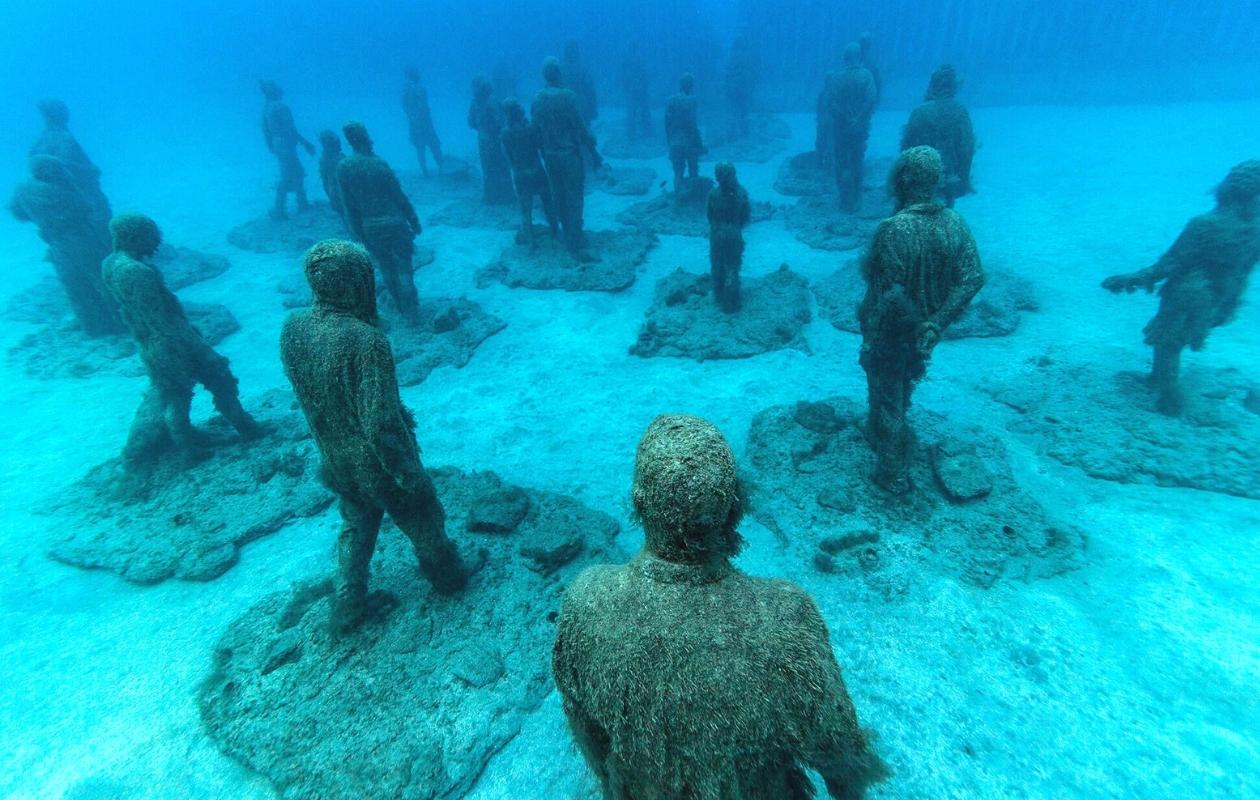
Benefits Individuals with Disabilities
Scuba diving is an inclusive activity that can be adapted to accommodate individuals with disabilities. The weightlessness and freedom of movement underwater can provide a sense of independence and empowerment to those who may face challenges on land. Diving for people with disabilities is often a very good way of rehabilitation and general mental and physical strengthening.
Health Benefits of Scuba Diving
In conclusion, scuba diving offers a myriad of health benefits, combining physical exercise, mental relaxation, and a sense of adventure. Whether you are seeking improved fitness, stress relief, or a thrilling escape into a mesmerizing underwater world, scuba diving can be a transformative experience. Embrace the wonders of the ocean, dive into the depths, and unlock a realm of health and well-being through the art of scuba diving.



